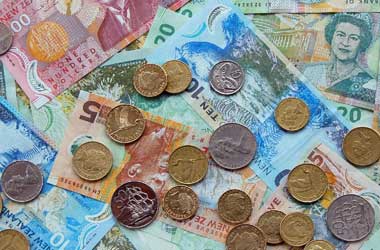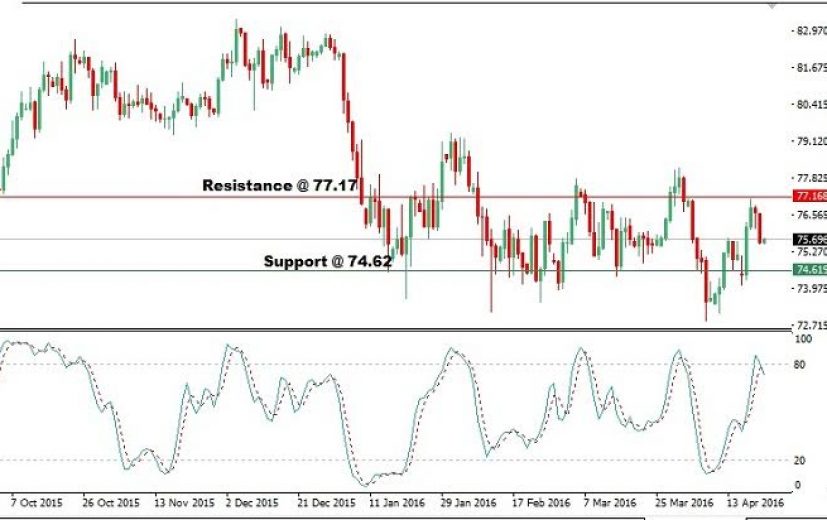 The economies of New Zealand and Japan are diametrically opposite to each other. The New Zealand’s economy is heavily dependent on the export of dairy products, while the Japanese economy is reliant on the export of consumer electronic goods, automobiles and petrochemicals.
The economies of New Zealand and Japan are diametrically opposite to each other. The New Zealand’s economy is heavily dependent on the export of dairy products, while the Japanese economy is reliant on the export of consumer electronic goods, automobiles and petrochemicals.
Likewise, the exchange rate of the New Zealand dollar fluctuates with the changes in the price of commodities.
On the other hand, the Japanese Yen is a safe haven currency whose exchange rate fluctuates with perceived changes in the global economic risk.
In the past two weeks, the NZDJPY currency pair has strengthened from 72.878 to 77.12. However, the economic scenario does not support a strong New Zealand dollar.
The dairy and meat exports are under tremendous pressure in New Zealand. The volume of meat exported is anticipated to go down by double digits this year. In the fiscal 2015 fourth-quarter, Fonterra, the dairy cooperative only saw a meek price rise in the auctions. A further strengthening of the Kiwi currency would be fatal for the dairy exports. Thus, the Reserve Bank of New Zealand would take adequate steps to weaken the currency, if required. In fact, the Central bank has already announced its intention to cut the interest rates by 40 basis points later this year.
RNZ
The widening of the country’s current account deficit is another cause of concern. The deficit widened sequentially by $221 million to $1.948 million in the December 2015 quarter. Furthermore, New Zealand continues to experience a decline in the saving rate.
The New Zealand Institute of Economic Research (NZIER) recently released the business outlook in the country. The data indicate a 2% growth in the business confidence in the first quarter of 2016. It was much below the 15% growth estimated by the analysts’. The report also indicated that nearly 26% of businesses experienced higher operational costs in the quarter ended March. However, the enterprises were unable to pass on the cost rise to their customers. This indicates the lack of inflationary pressure in the economy of New Zealand. It should be remembered that the RBNZ is unable to achieve its target inflation rate of 2% since the beginning of 2011. A stronger New Zealand dollar would never allow the objective to be achieved. Thus, it is imperative that the Central bank has to take measures to weaken the currency.
Furthermore, the BoJ has already expressed its readiness to announce more monetary easing measures. Thus, traders can expect the NZDJPY currency pair to decline in the coming weeks.
As the chart reveals, the NZDJPY currency pair has a major support at 74.62 and resistance at 77.17. The stochastic indicates that the currency pair is currently in the overbought state.
Thus, a currency trader should go short near the prevailing price of 76. A stop loss order above 77.50 would prevent losses from unexpected moves. Once the price starts moving in the forecasted direction, the profit can be booked near the 74 levels. Binary options traders should pick up a one touch put option contract with termination date in the final week of May. A strike price of about 75 would raise the probability of success in the trade.





